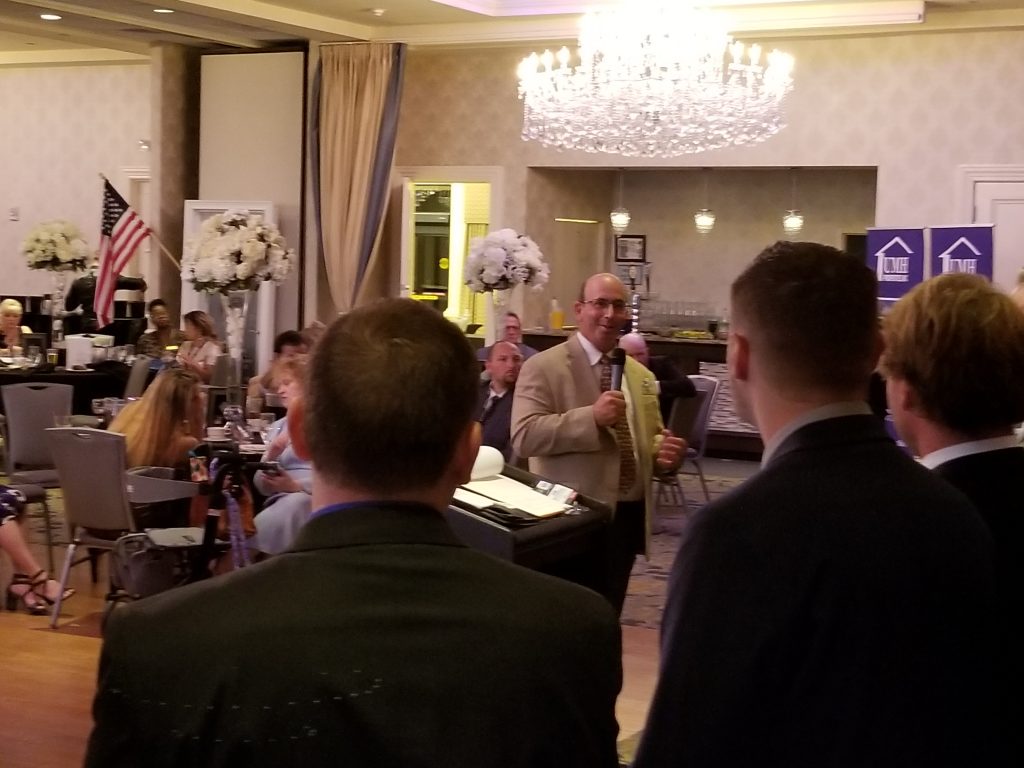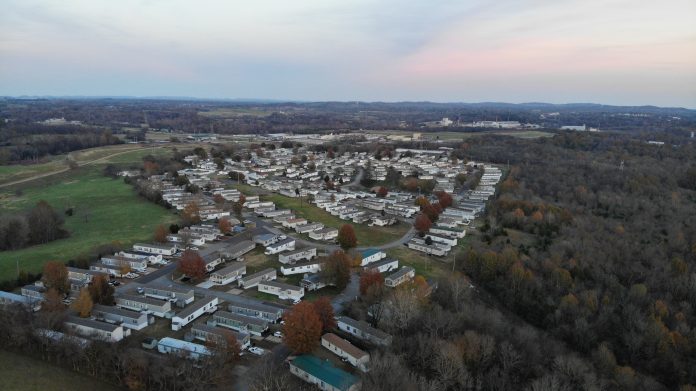Refusal to Act on Proposals for Manufactured Home Community Amounts to Discrimination, UMH Properties’ Complaint Contends
New Jersey-based UMH Properties, a manufactured housing community ownership group, has filed a complaint against the Village of Coxsackie in the State of New York alleging the local government has engaged in activities that are based on discriminatory motive, create a disparate impact against protected classes in the community, and perpetuate segregation.
The complaint, filed Oct. 1 in U.S. District Court, stems from an attempt to build a development for a 330-site manufactured home community. The site is 18 miles south of Albany near the banks of the Hudson River in Central New York State.
Defendants in the complaint are the Village of Coxsackie, Coxsackie Village Mayor Mark Evans and the Village Board of Trustees.
UMH Properties initially applied for the construction of Mountainview Estates in 2005. This was after a year of planning and the subsequent real estate purchase. The village has raised a variety of concerns to stall the applications during the course of more than a dozen years.
In August 2005 a moratorium on all development began while the village asserted its need for trustees to reconsider the zoning code. The moratorium was to last two months. However, it was in place for approximately three years. The village also voiced concerns about rare owl habitat, and had conversation about village sewer and water capacity.
How Does Discrimination Apply?
“The crux of the case is the fair housing causes of action,” Craig Koster, UMH Properties’ General Counsel said. “The denial or refusal to even act on the application is discriminatory and has caused a disparate impact on racial minorities and families with children. We’ll be relying on statistics, expert testimony and other evidence to prove that discrimination is at play.
The Village has “been very clear about the feelings they have for the ‘type of people’ who they believe live in [manufactured home] communities and what it will do to the village,” Koster added.
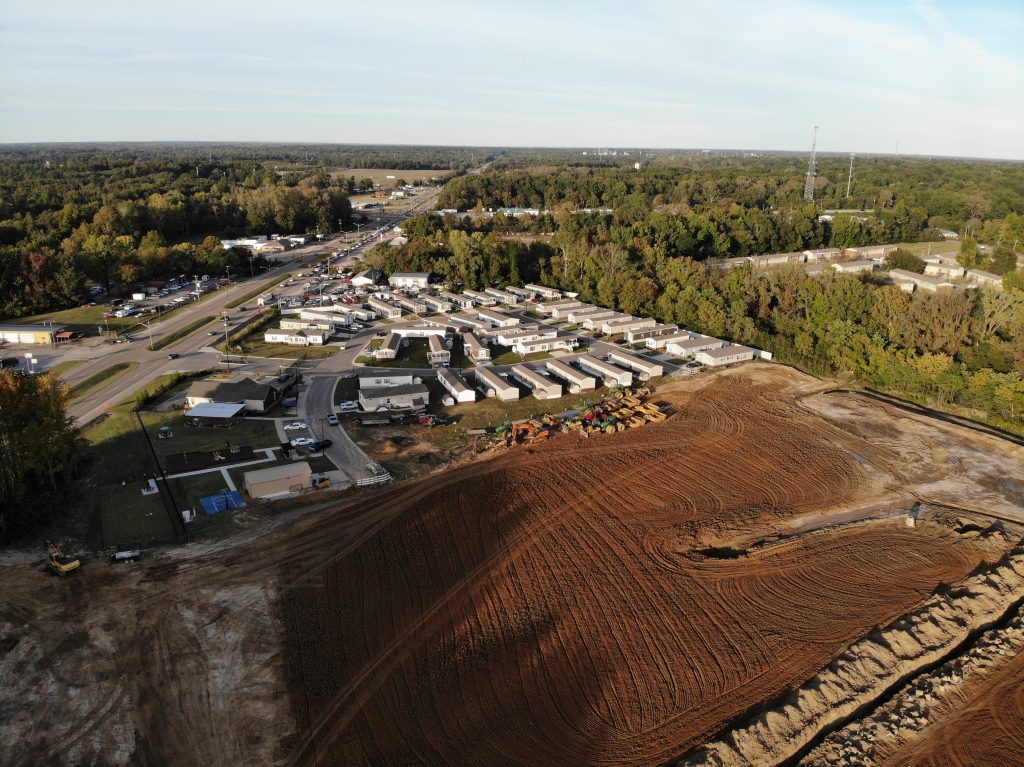
How UMH Landed in Coxsackie, N.Y.
Sam Landy is president and CEO of UMH Properties. UMH is a public real estate investment trust that has been in operation for more than 50 years. It owns 115 communities in eight states in the eastern and Great Lakes regions of the United States.
Landy said he had completed a pair of successful community expansions in Pennsylvania at the time he began his search. His interest was real estate along the eastern seaboard that would be ideal for an entirely new community, something that’s been a rarity in recent years.
About 315 new manufactured home communities have been built nationwide during the last 16 years, MHInsider research shows. Compare that number to the 2,645 new communities constructed during the prior 15 years, including 395 communities built during 1986-87 alone.
So, when Landy came across a property owner looking to sell in New York, he thought he might have the right spot.
“It’s flat and beautiful,” Landy said of the 180 acres in Greene County. “It was for sale by a farmer who wanted just a couple things. He didn’t want a whole bunch of contingencies. We did ask for 60 days to check city water and sewer capacity, as well as zoning.”
Zoning for the community was in place, and water and sewer capacity were manageable.
“They both came back relatively fine, but there was nothing to indicate a problem,” Landy said.
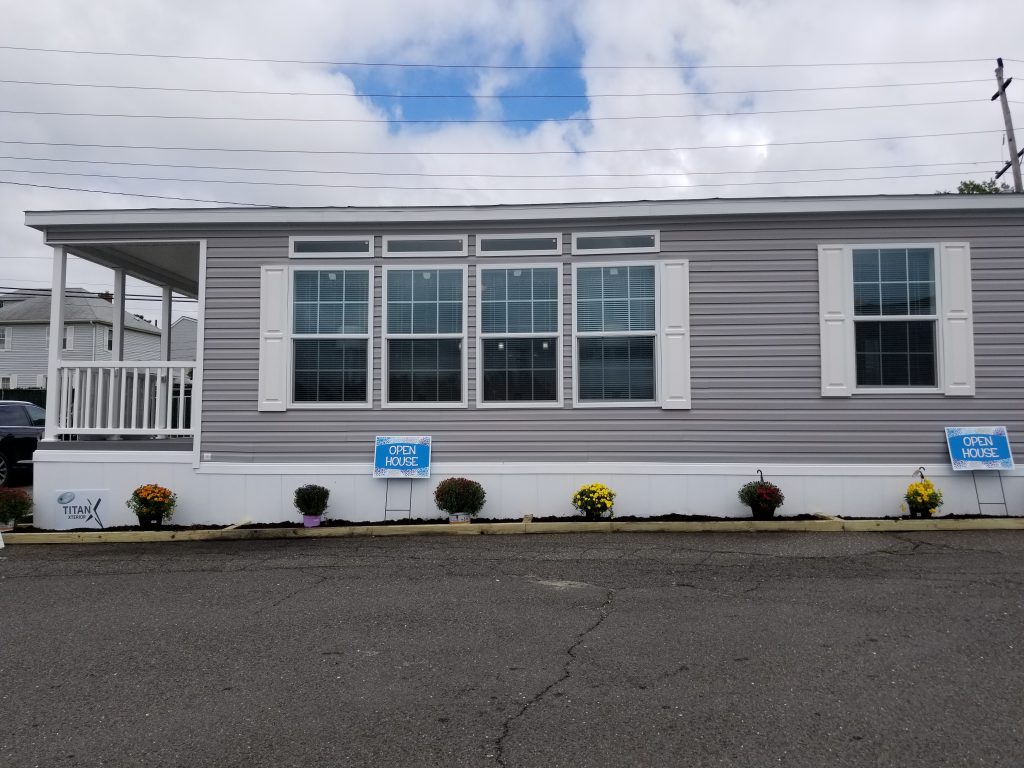
A Site Visit and a Model Home
Landy walked the property with the then-village mayor and township supervisor.
“I told them all what we were going to do, showed them pictures and assured them it would be a very nice community,” Landy said.
UMH purchased the property. Landy set up a model home to provide tours for interested buyers and potential residents. Invitations went out to village officials and the general public. However, no Coxsackie office holder came to see the home.
A short time later, in October of ’05, a local news outlet reported on the proposed manufactured home community, and residents began to lodge complaints about the project.
Village Support Wanes for UMH’s Proposed Community
“Village Trustee Joseph Zanchelli wrote a letter to the editor and in a sharp departure from initial support for the project, he explained that the residents UMH would attract were undesirable,” the complaint states.
It continues, “Zanchelli stated: ‘[i]f you need help to better visualize what I’m talking about, just watch virtually any episode of ‘Cops’ and that should be enough to show you what one of UMH’s developments are actually like, in my opinion.”
Village residents have expressed concern about increased crime and declining property values, and used “coded language” that relies on stereotypes about minorities and low income families with children, the complaint states.
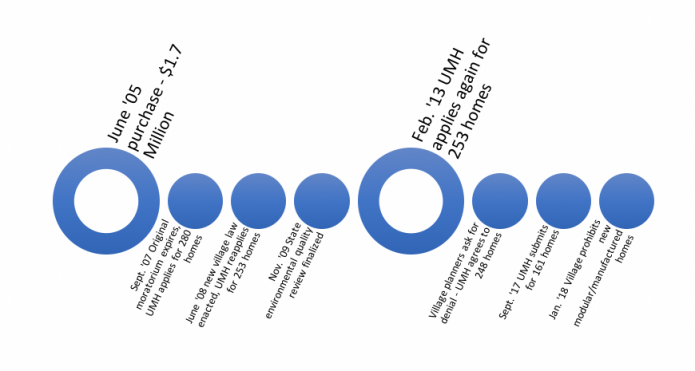
Resident Launches ‘Keep Coxsackie Charming’ Page
JD Fielding is a village resident and business owner who opposes the UMH development. He started a Facebook page entitled “Keep Coxsackie Charming”, as well as a petition against UMH’s plans. The page has since been taken down.
“I want to make very clear that our opposition to UMH’s project within the village of Coxsackie is strictly due to antiquated water infrastructure, an almost completely maxed out school district, and because of the size of their project, and what that would possibly mean for Fire/EMS services, traffic, and crime rates,” Fielding said in a written statement to MHInsider.
“At no time ever has any person speaking on my behalf, or that I am ever aware of … used what is alleged to be ‘coded language’,” he stated.
Fielding said the UMH complaint is frivolous. He feels the intent of the claim is to put pressure on the village to bend its recently instituted housing density rules, he said. And Fielding characterizes the citation of Zanchelli’s statement about watching “Cops” in the UMH complaint as “laughable”.
“How that proves to be any proof of racial bias is beyond me,” he stated.
Village of Coxsackie Mayor Mark Evans declined comment. He cited the ongoing case and being named a defendant in the UMH filing.
The Need for Affordable Housing in Greene County
 The civil complaint filed by UMH Properties asserts that the Village of Coxsackie has a need for affordable housing. Affordable housing is a particular need for area families with children.
The civil complaint filed by UMH Properties asserts that the Village of Coxsackie has a need for affordable housing. Affordable housing is a particular need for area families with children.
Homes with three or four bedrooms in village limits that list for less than $200,000 typically are found on foreclosed properties, the claim states. And those homes require substantial amounts of work. There are three apartment complexes that meet the need, but one is senior housing and another has no vacancy. The third provides 24 residences.
The intent for the Mountainview project was for 50-homes per phase. The development would include a clubhouse, swimming pools, tennis courts and walking trails. Homes would sell for between $75,000 and $125,000. Approximately a quarter of the homes would be owned by the community and available for rent.
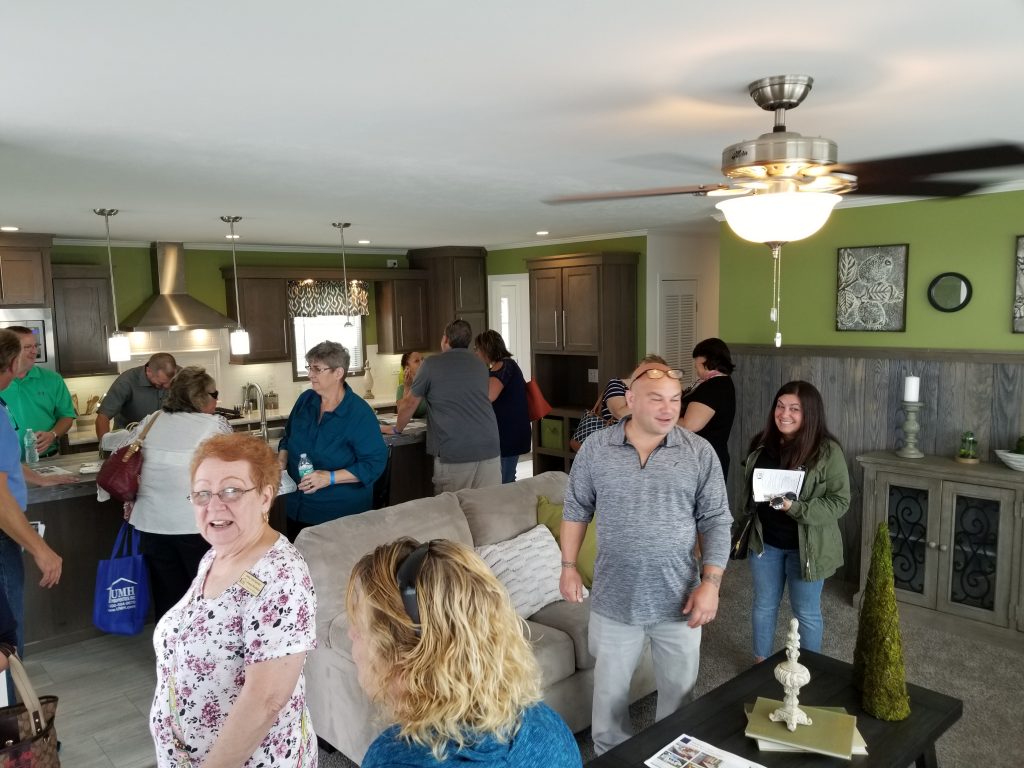
Facing the Challenge of Bringing Affordable Homes
Bob Capenos is president of the New York Housing Association.
“We’re in dire need of affordable housing in New York State and a project like the one UMH has proposed would meet the need for a lot of our residents,” Capenos said.
Capenos said he is unaware of another disparate housing filing being levied in New York.
Capenos said developers are well accustomed to having projects “thwarted or stalled” by local governments.
“I grew up the son of a developer, and I’ve seen this my entire life. It’s nothing new for any type of development. You are going to have opposition and you’re going to have challenges,” Capenos said. “That’s why this can be so frustrating, because you see there’s such a need. There’s a need everywhere for housing, including manufactured housing. Manufactured housing meets a great need.”
He works for Haylor, Freyer & Coon as a risk management consultant, within the insurance part of the business working exclusively in manufactured housing.
How the Owls Came to Impact the Proposals
A primary point of pride among residents of Coxsackie is the local, rare owl population. When the state ordered a closer look at the proposed site, the habitat for short-eared owls came into question.
In 2006, as part of an application for variance from the village development moratorium, a required environmental quality review showed that the UMH property either includes or sits near habitat for the endangered short-eared owl. The short-eared owl population is declining nationwide, particularly throughout the northeast.
“So, that raises the question about how much land we need to give to the county for an owl preserve,” Landy said. “That’s what came out of the environmental review.”
Consequently, UMH resolved to purchase 57.2 acres on an adjacent hillside. A portion of the new land will be used for owl habitat if a development plan for Mountainview is approved.
Concerns About Sewer Capacity
The village has been working with the state on an Order on Consent since 2009 to operate and correct its inflow and infiltration capacity. Failure to produce a work plan for the problem twice has resulted in Department of Environmental Conservation citations, once in 2010 and again in 2012.
“The village repeatedly asserts that its failure to act on, or failure to approve, UMH’s applications to build a manufactured home community is due to the sewer-related moratorium as imposed by the Order of Consent,” the UMH complaint states.
Landy said throughout study and negotiation in regard to sewer capacity, UMH has offered to construct and maintain its own onsite treatment facility for the proposed community. It also offered to pay $10,000 per home site toward infrastructure upgrades. The village has called for UMH to wait.
The current village plan calls for a completion of the village sewer by 2020, a driving force for which is the pending completion of a new county jail.
Yet, a new village law approved in January redefines the rules for manufactured home parks. It requires each home site to be no less than 10,000 square feet, more than double the previous standard.
“That would reduce our number of home sites to 80, which is economically unviable,” Landy said.
